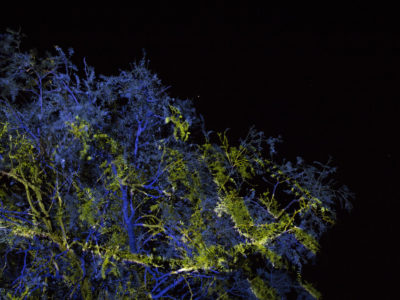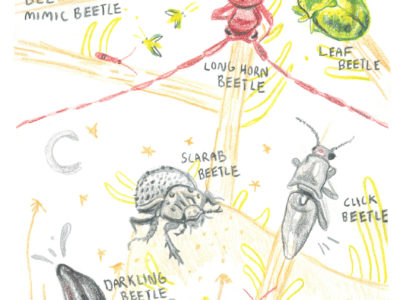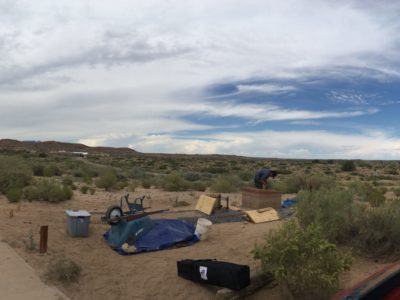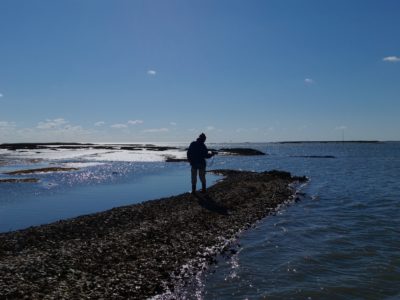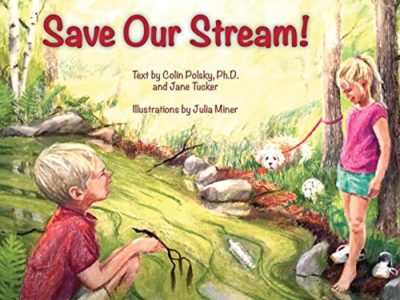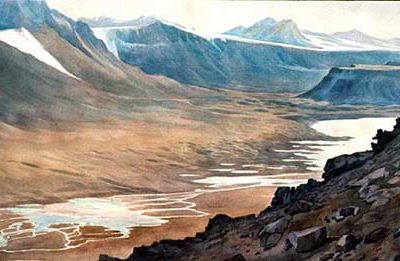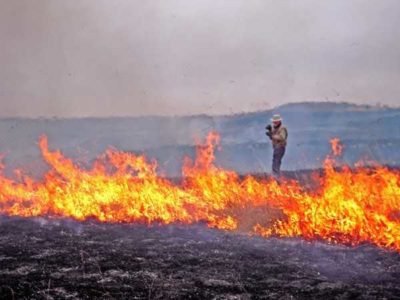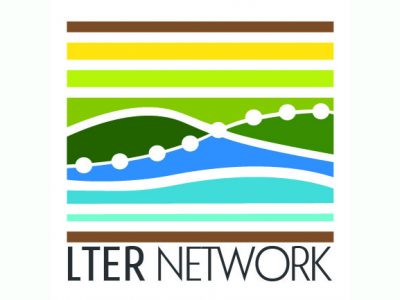Artist in Residence Program (CDR): Cedar Creek Reflections
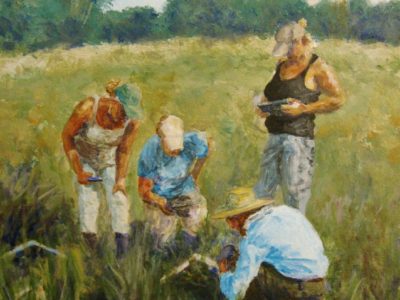
The diverse plant and animal communities and long-term studies at Cedar Creek Ecosystem Science Reserve provide a unique opportunity for artists to investigate the intersection of science, nature, and humanity. Artists working in any genre are invited to contribute their unique ideas and perspectives. Artists in Residence are selected each fall for a year-long term… Read more »

